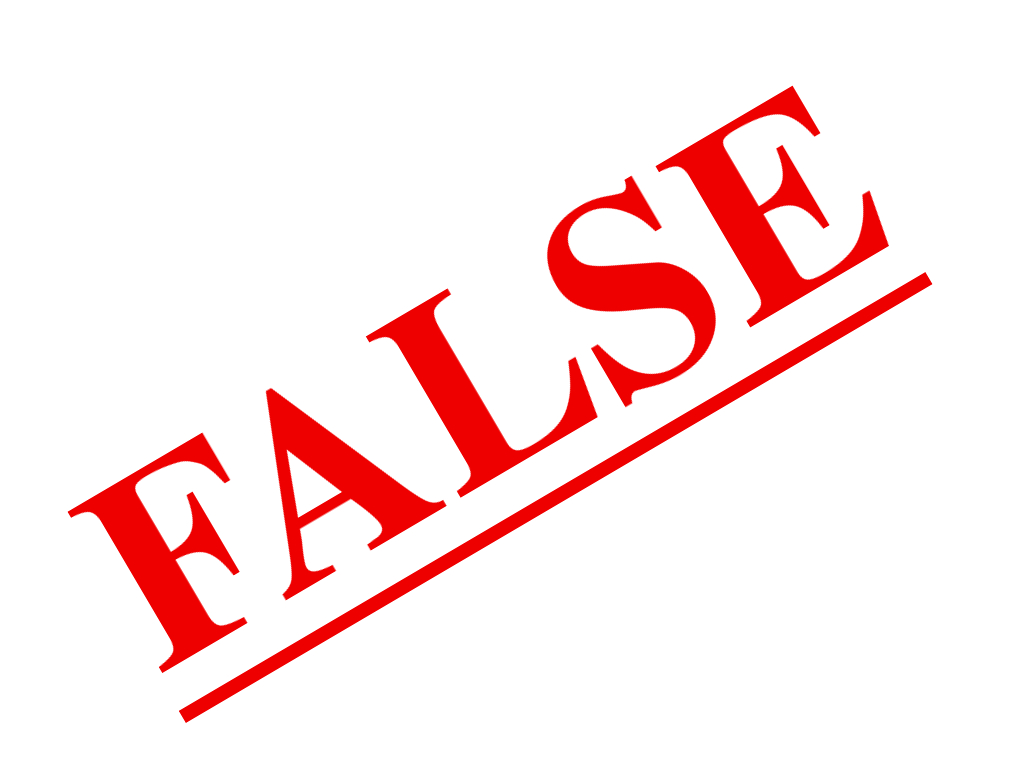
The tech journalism community, for “Apple ushered the era of free operating systems.”
This is a paraphrase of the reaction that bounced around certain tech blogs, articles, and forums after Apple announced in October that OSX Mavericks would be free to download for existing Mac users. The lie was perhaps most directly stated by Wired in their reverent article “Apple Just Ended the Era of Paid Operating Systems.” Wired and other news outlets correctly predicted that Apple’s actions would impact and win favor with a lot of users. The problem is, almost every aspect (down to almost every individual word) of their specific claims regarding future implications was wrong. The breakdown:
1. Mavericks isn’t free
The word “free” has very specific connotations in the software community. The exact definitions have been worked out over years by developers who recognized the need for specific terminology to describe the complex topic of software licensing. While members of the consuming public aren’t expected to know or care about obscure technical definitions of common English words, tech journalists should. Casually throwing around technical terms with inaccurate context amounts to journalistic laziness.
“Free software” refers to products that users can share, modify, or redistribute. (The GNU project – a major player in the free software community – likes to compare the word “free” here to the phrase “free speech;” for a more detailed treatise on the subject, gnu.org has a thorough “Philosophy” section.) To a programmer or developer, “freedom” is a concept related to restrictions (or lack thereof) on how the consumer can use software, not a statement about price. Free software may even have a price tag, which tends to be an unhappy revelation for consumers. Close analysis reveals that the political use of the word “free” is more important than the economic use, as companies usually find it pointless to charge for software products if end users already have the right to make and distribute their own copies. The continual creation of new or modified copies of free software creates competition, which drives the economic price down to practically zero.
Needless to say, Apple has not adopted this model for OSX Mavericks. The license for home users is actually quite limiting, granting the recipient permission “to download, install, use and run for personal, non-commercial use, one (1) copy of the Apple Software directly on each Apple-branded computer running OS X Mountain Lion, OS X Lion or OS X Snow Leopard (“Mac Computer”) that you own or control.” In order to download Mavericks, the user must agree to bind themselves to a specific use of the software on terms that Apple dictates. This goes against the fundamental principles of software freedom, regardless of monetary cost.
2. Mavericks isn’t “free”
Even if one takes the traditional definition of “free,” Apple still doesn’t get off the hook. Mavericks requires that the user buy proprietary Apple hardware – hardware that already contains Mavericks, or an earlier version of OSX. Without a Mac, a Mavericks download is useless in the same way that “free refills” are useless if one doesn’t first pay to get a soda cup from the counter at McDonald’s. An Apple laptop generally costs more than a Windows counterpart, implying that the cost of an in-house operating system is rolled in there somewhere. OSX is a paid product that happens to come bundled with a computer; including a complementary upgrade to a newer version makes the bundle a slightly better value, but far from free.
3. There wasn’t an era and there isn’t one now
Apple is a highly visible tech company that at times has influenced the development of certain areas of computing. But it is easy to confuse situational influence with actual market importance. Apple still does not have plurality market share in the laptop or desktop market – for good or ill (definitely for ill, actually) that title belongs to Microsoft. Microsoft has been charging for operating systems for years, and Apple can’t change that. Unlike OSX, Windows can appear on a myriad of third-party devices. Without some sort of cost or licensing restrictions attached to the product, vendors would be able to install and distribute Windows without bringing Microsoft in on the deal. Unless proprietary Surface tablets or some kind of new MS-branded laptops take over, Redmond will keep on selling Windows, because it has to. The world leader in laptop and desktop operating systems was selling its products before 2013 and will continue to sell its products after 2013; no era shift occurred.
The reverse claim (that the era of paid operating systems ended) falls apart due to market share analysis as well. Insisting that Apple ended that era by acting from the minority reveals that one would consider an era defined by the fringes rather than the majority. If that is the case, then the era of the paid OS has been over for quite some time, as a suitable free operating system, namely, GNU/Linux, has been available as Windows competition for quite some time. Detractors argue that Linux market share is quite small, yet it still shares the minority with Apple. For the last decade, users always had the option of a truly free OS, ending the era by the terms established by Wired Magazine’s claims. Pegging an exact date on when this “era” ended would be difficult, but a contender would be the span of 2009-2010 – that’s when Ubuntu (the most mainstream and popular Linux distribution) began a massive overhaul of its user interface and installation procedure that brought it on par (if not past) the slickness of OSX and Windows. To say that Apple started a new epoch by merely adding the existing amount of minority-share non-paid operating systems is generous at best – and dishonest at worst.
